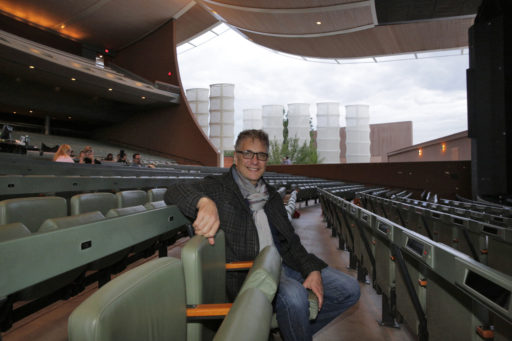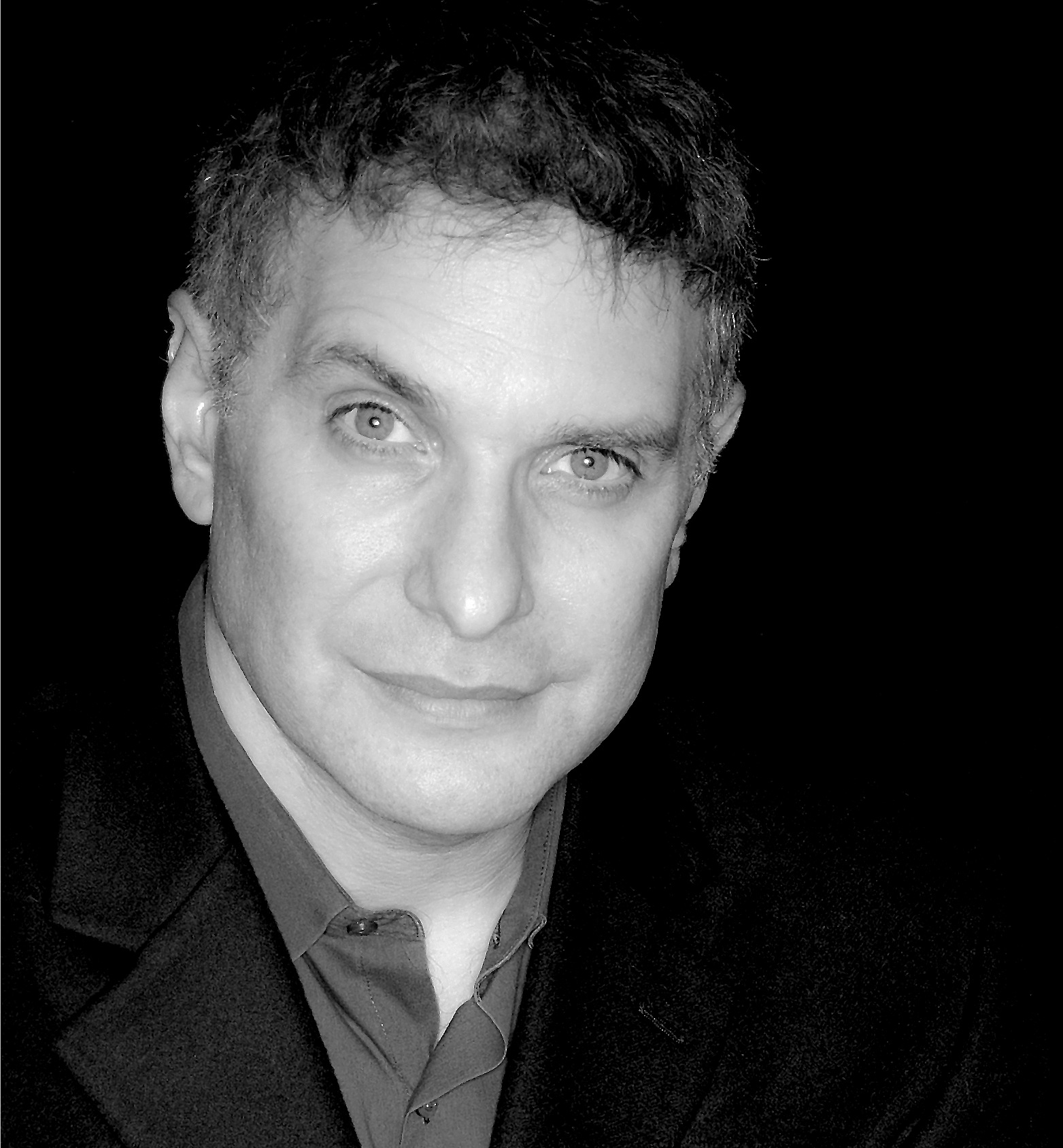Italian & English version
Autore, librettista e paroliere americano, Gene Scheer ha scritto diversi libretti operistici per compositori quali Tobias Picker, Diana Soviero, Jake Heggie e, recentemente, per Cold Mountain di Jennifer Higdon. Abbiamo avuto il piacere di scambiare con lui qualche parola su questa sua creazione operistica.
Cold Mountain è stato un successo cinematografico e letterario. Quali difficoltà ha incontrato nell’adattare un lavoro del genere a libretto d’opera?
Più di tutto, volevo produrre qualcosa che fosse fedele allo spirito del romanzo, creando una struttura che permettesse a Jennifer Higdon di ricreare questa storia attraverso la sua musica. Quando adatti qualcosa per un’opera, la preoccupazione principale è come usare la musica per esplorare i sentimenti che rappresentano la linfa vitale del materiale orginale. L’ovvia sfida nell’adattare questa fonte letteraria è rappresentata dal fatto che per la maggior parte del racconto, nel romanzo, i due innamorati sono separati. Il romanzo si sviluppa fra digressioni e anticipazioni e, in un certo senso, sono riuscito a permettere all’opera di seguire il flusso del romanzo. La memoria non segue sempre uno sviluppo cronologico. Una cosa avvenuta molto tempo fa può essere più attuale di un’altra accaduta ieri.
Quale modello ha tenuto presente maggiormente: il romanzo o il film?
Ho scelto di mettere in primo piano il romanzo. In fin dai conti, il cinema si basa sulla resa in immagini di una storia. Noi invece stiamo distillando una storia in musica. E mentre non esiste un narratore in un’opera – che invece esiste in un romanzo – in realtà quest’ultimo c’è. Il narratore è la voce del compositore che sta musicando la realtà emotiva della storia.
Personalmente ho avuto l’impressione che il libretto abbia una struttura cinematografica. Mi può confermare quest’impressione?
Non la considero cinematografica, ma teatrale. In Morte di un commesso viaggiatore il tempo e i ricordi ondeggiano avanti e indietro con lo sviluppo della storia. È sicuramente una gran storia. E si, ci sono delle sovrapposizioni in termini di tecniche. Ma nella sua essenza, per me, il libretto è concepito con una struttura teatrale nella quale i ricordi emergono come avviene nella vita reale… in modo imprevedibile e incontrollbile.
Nella redazione del libretto ha chiesto consigli all’autore letterario, ossia Charles Frazier?
Sinceramente no. Ho e ho sempre avuto rapporti con Charles. Lui mi ha detto di non aver alcuna esperienza con il mondo dell’opera. Detto ciò, solo quando ho iniziato a lavorare al libretto, ho trascorso un fantastico weekend con Charles in North Carolina. È stato incredibilmente gentile nel darmi i giusti chiarimenti per l’avvio del lavoro. Uno degli aspetti più belli di tutta questa esperienza è l’amicizia che è nata con Charles e sua moglie Katherine.
La scelta delle situazioni da inserire nel libretto da quali criteri è stata dettata?
Bisogna essere un po’ drastici quando si scrive un libretto. Devi concentrarti sul tema centrale e sulla storia e confidare nel fatto che tutto ciò che tagli riemergerà nella tessitura musicale.
Infine, può anticiparci se ha altri progetti operistici?
Sto lavorando a tre libretti. Purtroppo non sono state ancora messe in cartellone. Sono molto emozionato riguardo questi lavori…spero di dirvi presto a cosa sto lavorando! 
American songwriter, librettist and lyricist, Gene Scheer wrote several opera librettos for such composers as Tobias Picker, Diana Soviero, Jake Heggie and, most recently, Cold Mountain by Jennifer Higdon. We have had the chance and the honor to exchange a few words with him about his last operatic effort.
Cold Mountain is both a movie and literary success. Which difficulties did you meet in adapting such an important work to an operatic libretto?
Mostly I wanted to produce something that would be faithful to the spirit of the novel by creating scaffolding that would allow Jennifer Higdon to reimagine this story with her inspired music. When adapting something for an opera, the thought is how can you use music to explore the feelings that are woven into the marrow of the source material. The obvious challenge in adapting this source is that the lovers are seperated for most of the book. The book flows back and forth in time and to some extent I allowed the opera to move the way the novel does. Memory is not always chronological. Something that happened long ago can be more present than something that happened yesterday.
Which one did inspire you the most, the novel or the movie?
I based the opera on the novel. In the end movies are about how a story can be distilled in images. We are distilling a story into music. And while there is no narrator in an opera – as there is in a book – in truth there is one. The narrator is the voice of the composer who is depicting the emotional reality of the story.
My impression is that the libretto has a cinematic structure: is that correct?
I don’t view the structure as cinematic. It is theatrical. In Death of Salesman time and memory undulate back and forth as the story unfolds. It is a big story to be sure. And yes, there is some overlap in techniques. But essentially to me the libretto is conceived with a theatrical structure in which memories emerge as memories do… in an unpredictable and uncontrollable way.
Did you ask Charles Frazier for advice, while writing the libretto?
No. I had and have a great relationship with Charles. He told me he has no experience with opera. That said, I did have a memorable weekend with Charles in North Carolina. He was incredibly gracious, supportive and answered all of my questions as I began work on the piece. One of the great aspects of this entire experience is the friendship I forged with Charles and his wife Katherine.
Which criteria did you follow in choosing what to include in the libretto and what to leave behind?
One must be slightly ruthless when writing a libretto. You must focus on the central theme and story and trust that all you cut will re-emerge in the vocabulary of music.
Finally, can you tell us if you have any other operatic projects in the works?
I have three operas in the works. But alas they have not yet been announced by the various companies. I am so excited about all of them and wish I could tell you right now what I am up to!
photo credit: Tony Ryan, Ken Howard
Versione italiana a cura di Paolo Tancredi
